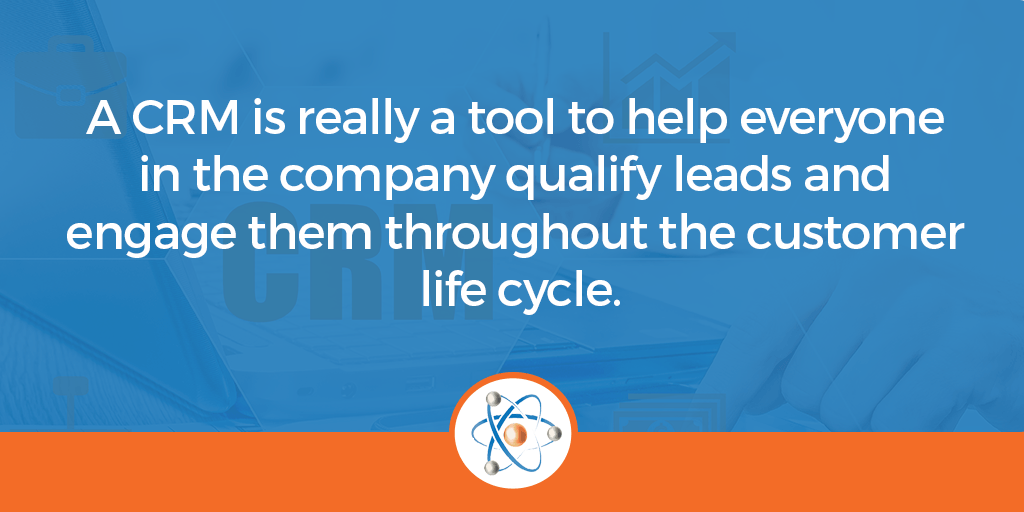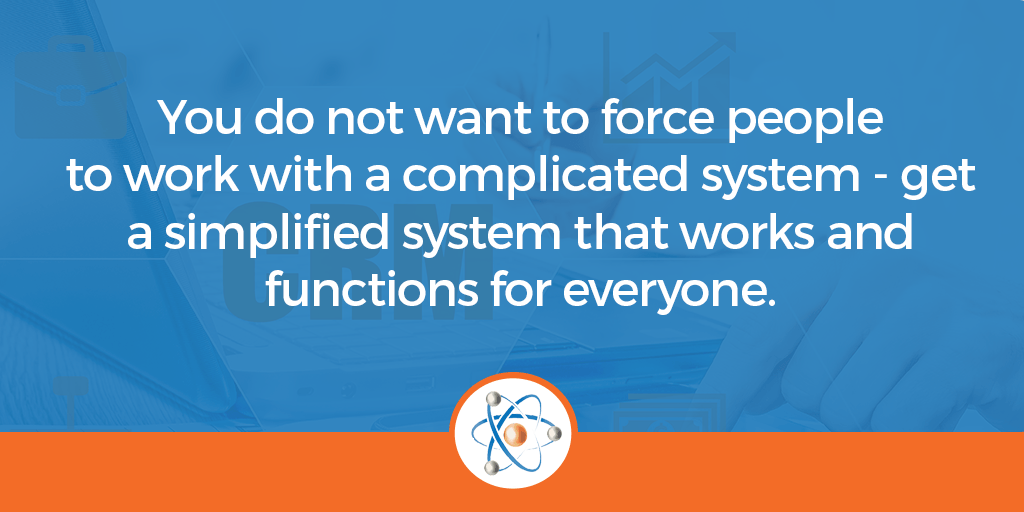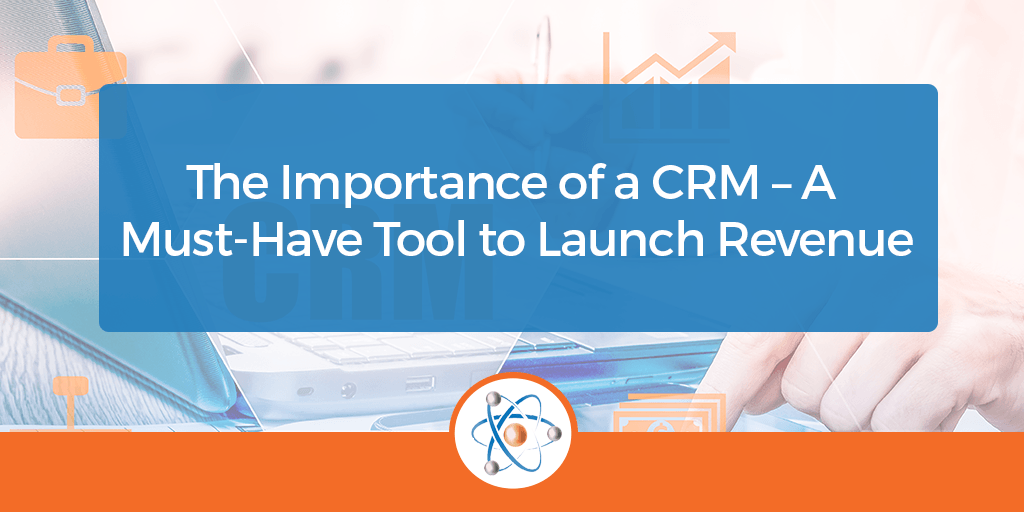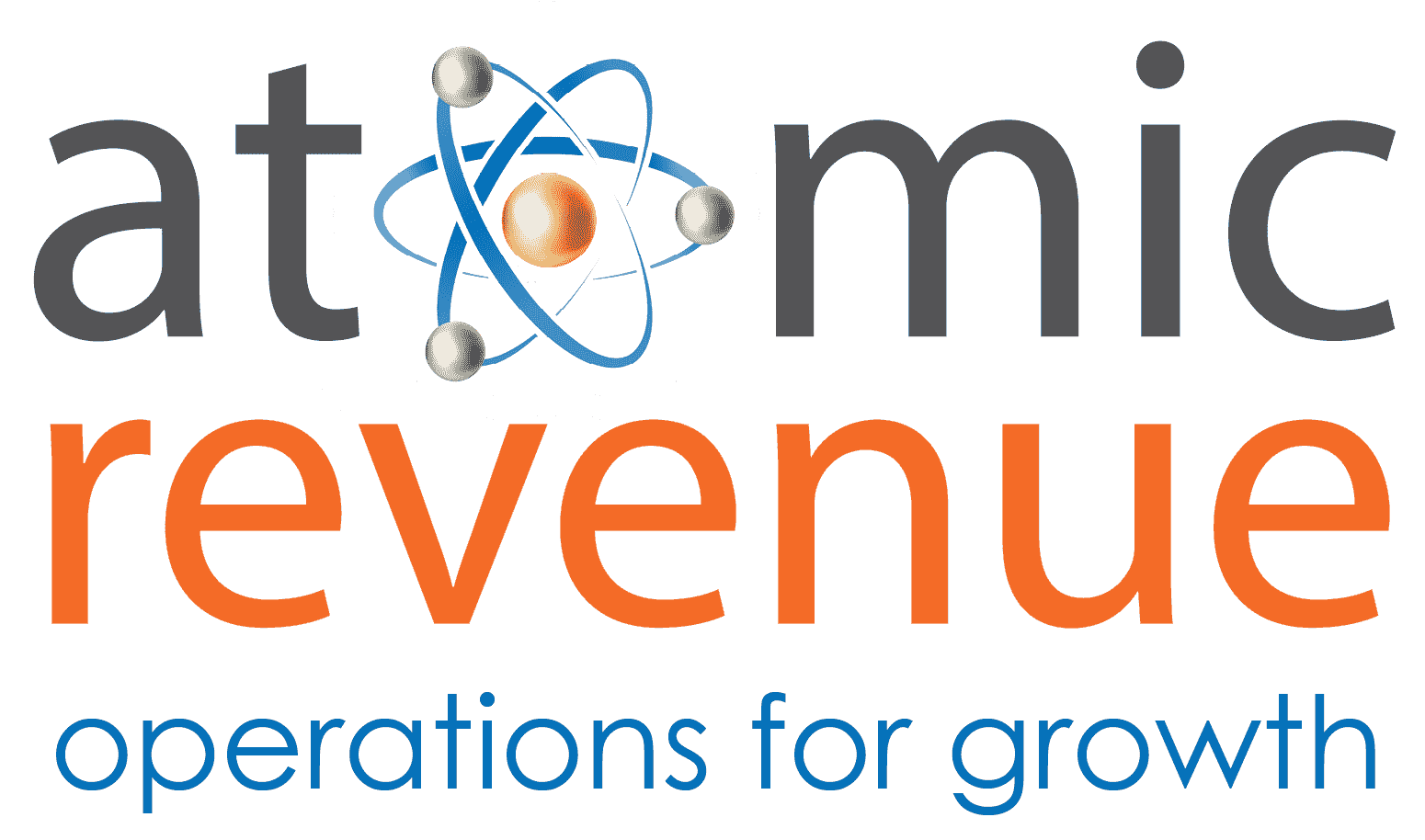Business automation in the form of a Customer Relationship Management (CRM) program can seem overwhelming and time-consuming, but it is imperative to simplify lead generation and effect growth in your sales processes. Every business wants to increase revenue with low overhead and do so with very little effort. A CRM is a simple technology tool (yes – it really can be simple!) available to do just that. It’s time to get over the fear and use a CRM to transform your business!
Are CRMs Too Complex & Costly?
Have you shied away from a CRM due to complexity, cost, and confusion? In this article, you’ll learn that CRMs can be simple and cost-effective – even FREE – and why you need one to ramp up customer advocacy and lower customer acquisition costs (CACs). Automation is shaping the future. If you don’t adopt a CRM, you will miss growth and revenue opportunities and eventually (if not already) find yourself lagging behind your competition.
The CRM Experience
How do you feel when you contact a company, either online or over the phone, and the person on the other end responds as if you’re an old friend? She calls you by the name you prefer, asks how your most recently purchased item is working for you, and what she can do to help you today. It’s almost impossible not to feel appreciated. Even savvy consumers who realize when a company is using a CRM to interact still find this type of experience positive. If nothing else, you realize they care enough to track your buying habits, which portrays an organized and progressive brand.
So, how does your company track customer or client history and demographics? Do you know how customers find you most often and how long it takes to go from brand awareness to a sale? How many leads come from your website, social media, trade shows, and referrals? How about outbound and inbound sales reps? Do you have a handle on which lead generation strategy is most cost-effective?
This is a small sample of data that you need to get a handle on whether your lead generation attempts are effective or if they cost you money. To bring quality leads to the table and improve the customer experience, monitor this data and tweak your strategy accordingly to lower CACs, build brand loyalty, grow sales, and create customer advocacy that pays for itself. You cannot do this without a CRM that’s tailored to your specific business.

Understand Your Business
CRMs are traditionally seen as tools for the sales force; however, a CRM is really a tool to help everyone in the company qualify leads and engage them throughout the customer life cycle. This information provides customer behaviors and details to close the deal and retain a loyal relationship. From the person who answers the main phone line to the sales force, warehouse staff, and delivery person, you want to maximize communication and problem-solve. To do this right, you must first understand your business.
Initially, define your business model in detail. Then, identify what a “qualified” lead looks like and who your ideal customer is – when and what do they buy, how often? Next, outline your sales process and the steps involved to close the deal. Can you quantify what it costs to acquire each customer? Do you know if your customers are repeat buyers or if they’re telling others about your company? Is your lead generation strategy based on real conversions or vanity metrics like “clicks” and “likes”?
Accurate business model details, documentation and KPIs, and a process outline will help you acquire the correct CRM and make it work for you with ease.
Create a List of CRM Must-Haves
Now that you’ve analyzed your business, choose a few areas where you feel you need improvement. This may be a challenge if you do not already have a system to give you the data, but most companies have a feel for the areas in which they lack results. Also, identify:
- What lead generation development and sales activities and information are most helpful to close the deal and inspire customer advocacy?
- How your sales force works and functions: are they mobile, office-based, or a combination? This is critical!
- Who will use the CRM, their level of tech proficiency, how do they adapt?
- How will it function for everyone?
- Do you need more inbound or outbound leads or both?
- Who in the company needs to use the CRM to maximize results? Marketing, sales reps?
Next, create a checklist of what’s essential, optimal, and what would be nice for a useful database of customer information. Three columns of “must-have,” “good-to-have,” and “nice-to-have” features will also help you define a budget range – this is very important to get the best ROI.

3 Steps to Identify the Best CRM System for You
So, you’ve identified your problem areas and a budget and learned what you need for a more growth-based lead development, sales, and customer advocacy strategy. Your spreadsheet is now brimming with information that excites you – it’s time to research CRMs! Keep in mind, while you’re searching, many CRMs will look like they do everything for everyone and sound “perfect,” but you do not want to force people to work with a complicated system – get a simplified system that works and functions for everyone. You’ll realize faster adoption, better input, and quality results. SIMPLE is essential.
Here are 3 steps to identify the best CRM for you.
Ask Your Industry Peers:
Do not Google CRM options! Do not use Forrester and do not go to manufacturer websites first. I know it’s hard – it’s the first thing you want to do but trust me, don’t do it yet! Grab your must-, good-, and nice-to-have list and ask your industry peers what they use. It is not helpful to ask someone who sells coaching services what works for them if you sell frisbees. CRMs are very specific and what works for one will not necessarily work for another unless you’re in a similar business.
Online Forums:
Look for an online forum for your industry or reach out on LinkedIn. Ask what CRMs people with similar businesses use; what they like and don’t like about them. These people will have honest answers without a stake in the game – utilize this resource.
Manufacturer’s Sites:
Finally, after you’ve got a list of the top 3 or 4 that seem like the best fit, go to manufacturer’s sites. Spend time there, ask questions via chatbots or on a call, and don’t be fooled by a lot of techie stuff you don’t need. Simple is better! The nice thing with most CRMs is that you can start with one level and add as you go to get a customized version that fits your exact goals. And, stay away from those on Forrester – they’re too complex and quite expensive for beginners and it’s very hard to transition into something else if it doesn’t work out.
Are Free CRMs Worth Trying?
Yes – free CRMs may work well for you and your goals. Many are comprehensive enough to get you and your team into the habit of logging the information and/or working within the system. My favorite free, well-configured, user-friendly CRM is HubSpot. It captures data without physical input and offers list segmentation, sorting, filtering, call lists, and tracking. It works well with all websites, email platforms, and social media, and is adaptable for mobile interface. It also comes with great customer support and training.
ActiveCampaign is another versatile, comprehensive, inexpensive CRM. It is also scalable, user-friendly, and a super information gatherer. It works beautifully with email integration and web and data tracking. For a small charge, both HubSpot and ActiveCampaign offer add-ons that may make it easier to work with your your existing systems, like Enterprise Resource Planning (ERP) software and accounting software . But – be sure to do your homework for your own business first. Then decide if one of these will work for you.
In Closing – Your CRM is an Extension of Your Business
It may seem like a huge undertaking to implement a CRM, but it can be seamless if done with thought and strategy. Take the steps mentioned here before you dive into an expensive, complicated system that nobody wants to use. When chosen wisely with revenue growth in mind, your CRM will be a money-maker and an extension of your business, just like another person who would make it easier on everyone. Your customer support team will be able to provide the best experience possible, increase ROI, and launch revenue beyond your expectations.
Atomic Revenue Can Help You Cut Costs & Gain Objective Perspective
If you’ve tried to identify challenges and pursue growth but can’t seem to make measurable progress, sometimes it’s best to have an objective, outside Revenue Operations team perform an assessment. An Atomic Revenue audit is the fastest way to cut costs, get an objective perspective, and define the best CRM for your company. We offer a no-obligation initial assessment and decades of experience helping companies just like yours create customer advocacy and exceed their growth objectives. Contact our team today if you have any questions about this article or would like to schedule a free revenue assessment.
 Liz Zanter is Atomic Revenue's wicked-smart, self-directed Data Automation and CRM expert. Her experience and knowledge plays an important role in helping our wide range of clients achieve growth through strategy, marketing, and technological tools that enhance growth with efficiency and cost-effectiveness.
Liz Zanter is Atomic Revenue's wicked-smart, self-directed Data Automation and CRM expert. Her experience and knowledge plays an important role in helping our wide range of clients achieve growth through strategy, marketing, and technological tools that enhance growth with efficiency and cost-effectiveness.





